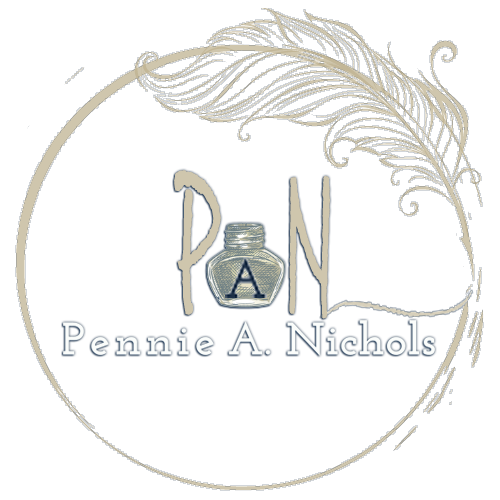Maybe you’re fortunate enough to have a place in your life so charged with meaning, spirit, and personality that it’s a member of your family, a dear friend, or a wise confidant. In other words, a main character in your life. This is an installment in a series of mostly true stories about Fairpop Farm, a place that became the hub and a main character in our family.
This is the story about career pivots that took a man from the Farm League to the farm.
Before Robert Nichols slid off the road just south of what would become his family farm, he already had a “farm” life. Robert drew paychecks from a Farm League in the Tennessee Valley. A left-handed pitcher, he knuckleballed his way through Chattanooga, Nashville, Knoxville, and as far south as Birmingham. This young baller full of Majors promise caught the attention of baseball enthusiasts.
How many almost-famous people stood on that magical “person-to-watch” platform only to fall off the radar? Cut at Olympic trials, a one-and-done song, substance and addiction troubles, or, as in the case of my grandfather, training injuries. Training for the Majors, Robert Nichols squashed his Majors dreams.
Bits of this story have fallen off over time, so I’m not sure if he threw out his arm, injured his shoulder, or twisted his back. Because it happened in training for the tryouts, I’m guessing his eagerness to prepare well contributed to the injury.
Despite his thrown arm or twisted back, he was still a damned good left-handed pitcher. One of the Gaylord Paper Mill big wigs saw my grandfather’s rise and fall as an opportunity. He reached out to Robert Nichols with an offer: “Come play ball with us, and I’ll give you a good-paying job at the mill as a millwright.”
From Farm League to Papermaker
Before promoting a positive workplace culture became a science, companies formed athletic teams to incentivize and enhance work culture. The baseball team for Gaylord Paper Mill of Bogalusa —the Papermakers? —participated in a competitive local league. My grandfather took the offer that brought him one step closer to the candy shop where his history with Bevie Dee Mizell and the need for a bigger house would begin.
Let’s jump forward a few chapters in that history. Reading beyond the day Robert slid off the dirt road, this is an inventory of his “career” and life pivots.
My grandfather’s obituary probably mentioned that he was millwright. The words may have included his glory days as a ballplayer. But those career titles fall short of capturing the man. He did other things to bring income and food to his family. At Fairpop Farm, he became a farmer, baling hay, and raising livestock, some to butcher, some to sell, and a couple to milk. Some might argue he was also a businessman. He plowed up his south field to make rows of tung oil trees to then sell the tung nuts to manufacturers. If times were tight, he knew how to cast a line and bring home dinner for six.
Family and Farm
I was only seven when he died on his farm, so my library of information about him is adolescent. If he bemoaned the injury that took him out of the running for the Majors, he never let me taste his regret.
I remember sitting in his lap in his chair by the fireplace. He would pull quarters from my ear, a skill he taught his oldest son. Even though he wasn’t a true magician, he did a magical thing for his family: he created a family farm. He provided plots for his daughters when they married and made arrangements for his sons to have the rest of the farm when he was gone. The distribution was tainted with patriarchal practices of the time, true. Still, I give him creds for passing generational wealth down towards his descendants.
I’m not sure what his thoughts were on his dying bed, but I don’t think he was fretting over the Major League training. I think he was at peace. He left behind Farm League dreams but founded a family farm that would become family legacy and heritage.
©Pennie Nichols. All Rights Reserved. 2024


Oh, it’s interesting to take a trip to bygone days. How cool that he played baseball among his other accomplishments. I am sorry that he passed when you were still a child. It’s great that you are keeping his memory alive.
Your grandpa sounds like an amazing man, gentle and caring. I always admire people who leave legacies for future generations.
I wish I had had more time with him
I love this. Stories about our grandparents or any family member who went before us, providing insight and often encouraging us to follow them…not in the exact same choices they made, but to MAKE A CHOICE, to not be afraid to try something amazing. And it seems to me, we have more chances now then they did. Great post.
Thanks, Elizabeth